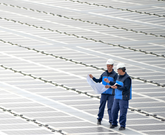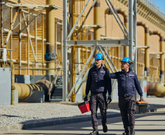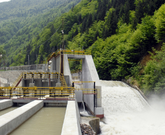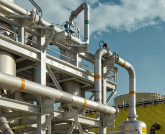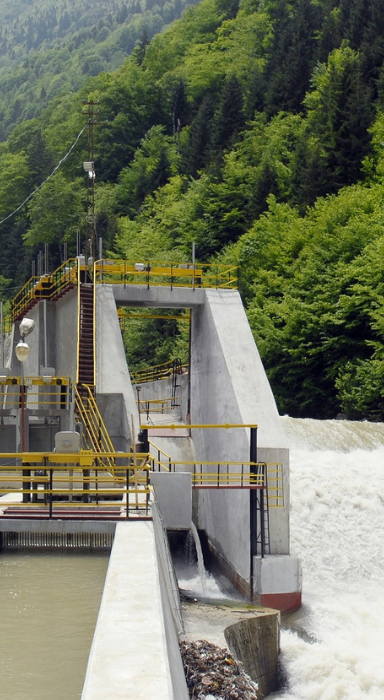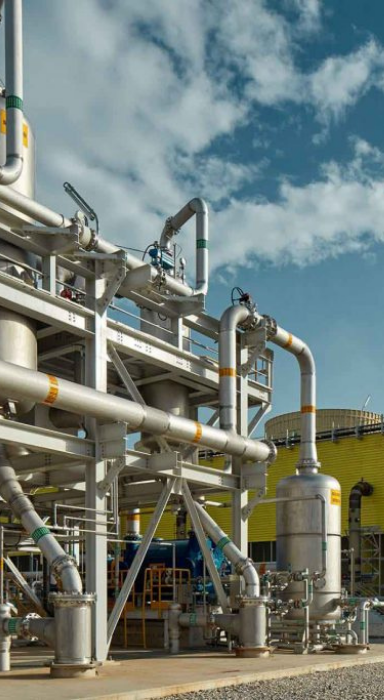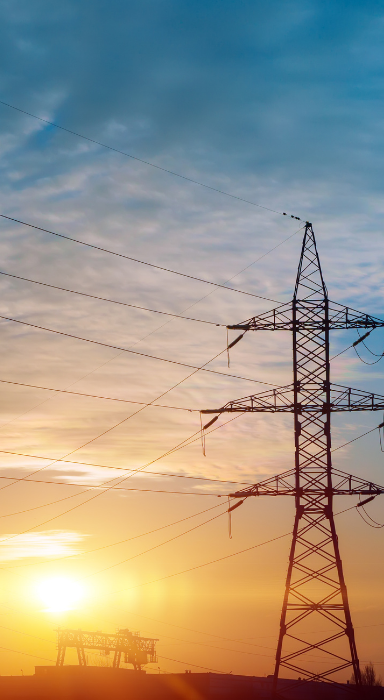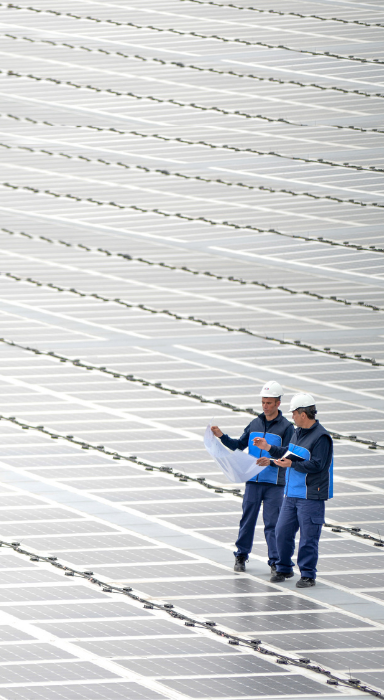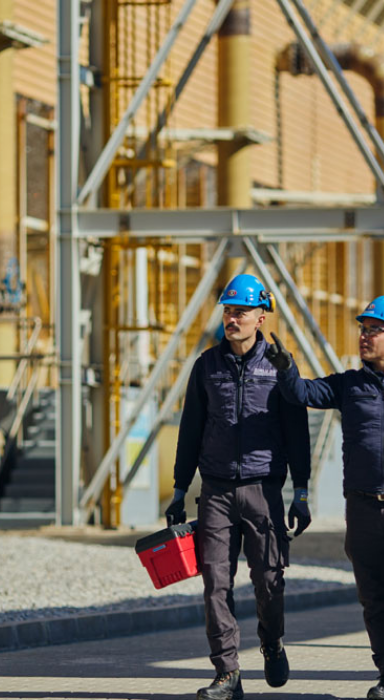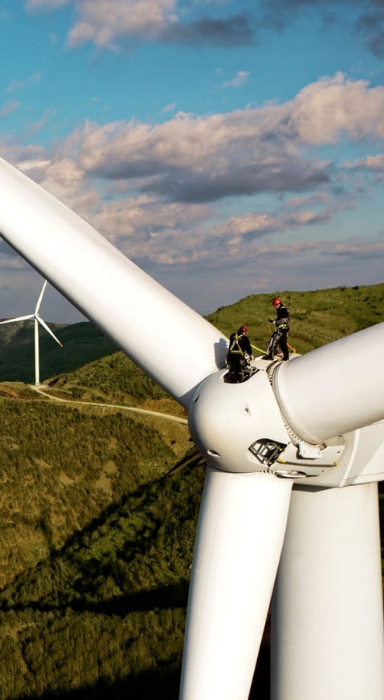EN
- online işlemler
-
Kurumsal
- Sektör Başkanı'nın Mesajı
- ZORLU ENERJİ
- Şirket Tarihçesi
- politikalarımız
- SANTRALLER VE PROJELER
- YAYINLAR
-
BAĞLI ORTAKLIKLAR VE İŞTİRAKLER
- ZORLU SOLAR PAKISTAN (PRIVATE) LTD. ZORLU SUN POWER (PRIVATE) LTD. ZORLU RENEWABLE PAKISTAN (PRIVATE) LTD. ZORLU OSMANGAZİ ENERJİ SANAYİ VE TİCARET AŞ ZORLU ELEKTRİK ENERJİSİ İTHALAT İHRACAT VE TOPTAN TİCARET AŞ NEMRUT JEOTERMAL ELEKTRİK ÜRETİMİ AŞ ZORLU WIND PAKISTAN (PRIVATE) LIMITED ZORLU ENERJİ PAKİSTAN LTD. ELECTRIP GLOBAL LTD. ZJ STRONG ENERGY FOR RENEWABLE ENERGY LTD. CO. ZORLU TRADE ELEKTRİK TOPTAN SATIŞ AŞ ZORLU ENERJİ ASIA HOLDING LIMITED
- Ödüllerimiz
- Yatırımcı İlişkileri
-
Sürdürülebilirlik
- Toplumsal Yatırımlarımız
-
SÜRDÜRÜLEBİLİRLİK YÖNETİMİ
- Etik ve Uyum Kalite Yönetim Sistemleri Ödüllerimiz ve Güvence Teminatlarımız Paydaş Yönetişimi Entegre Risk Yönetimi Sürdürülebilirlik Stratejimiz & Yönetişim Yapımız Sürdürülebilirlik Önceliklerimiz Sürdürülebilirlik Raporları Misyon ve Vizyonumuz Sürdürülebilirlik Politikası ve Taahhütlerimiz İyi İş Uygulamaları, Sürdürülebilir Krediler ve Vergi Uygulamaları Sürdürülebilirlik Performansı
- Tedarikçiler
- Yatırım ve Üretim
- Şirket Profili
- Ticaret Sicil Bilgileri
- Bağlı Ortaklıklar ve İştirakler
- Zorlu Grubu
- Etik İlkeler
- Genel Kurul Toplantıları
- İç Yönerge
- Komiteler
- Kurumsal Yönetim İlkelerine Uyum Raporu
- Politikalar
- Üst Yönetim
- Yönetim Kurulu
- Yönetim Kurulu Başkanı'nın Mesajı
- Halka Arz İzahname
- Hisse Senedi Hesap Makinesi
- İnteraktif Fiyat Grafiği
- Tahvil, Bono ve Kira Sertifikası İhraçları
- Temettü / Sermaye Artışları
- Hisse Bilgileri
- Eurobond İhracı
- Faaliyet Raporları - Ara Dönem
- Faaliyet Raporları - Yıllık
- Özet Finansal Tablolar
- SPK Finansal Tablolar
-
Kariyer
- Medya Merkezi
- İletişim



